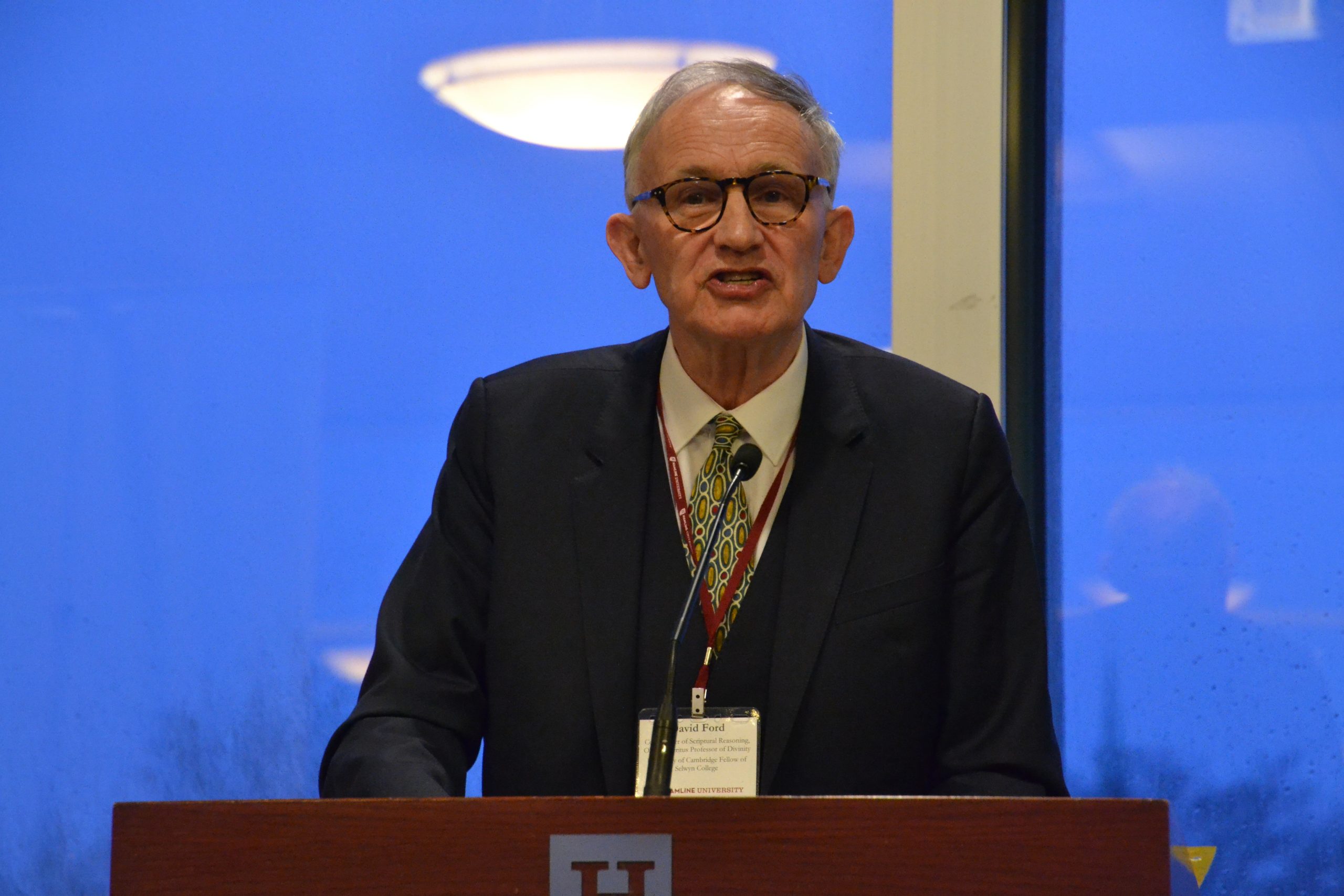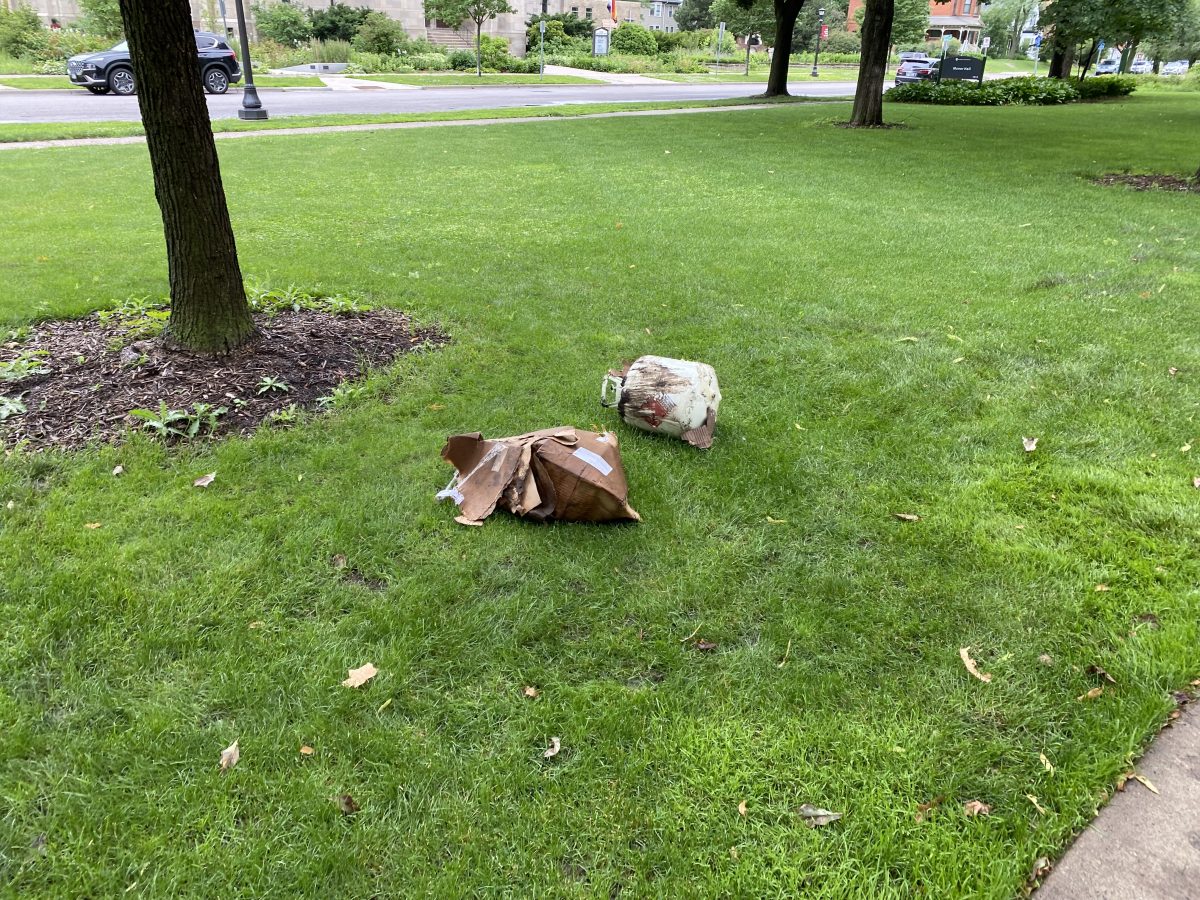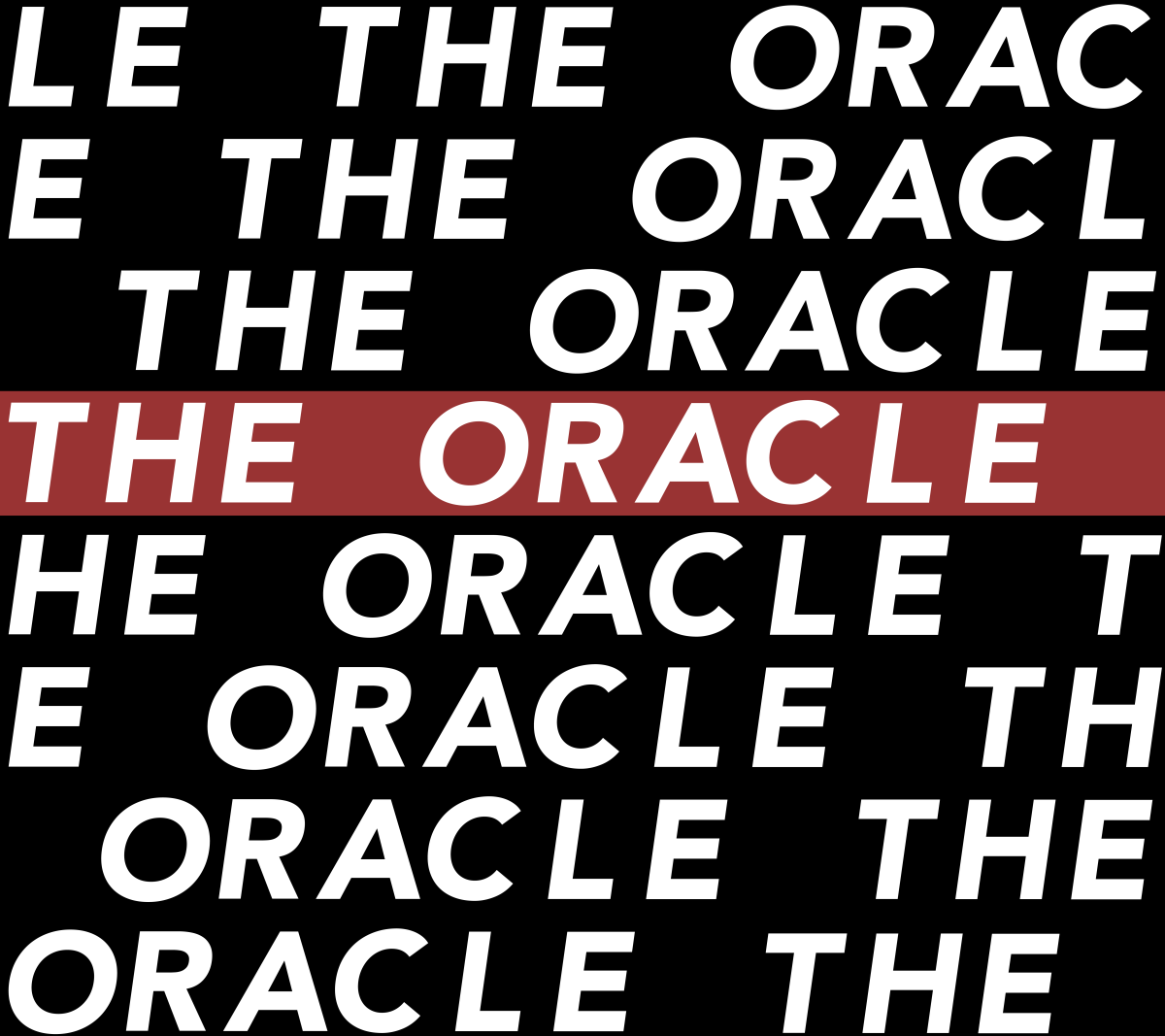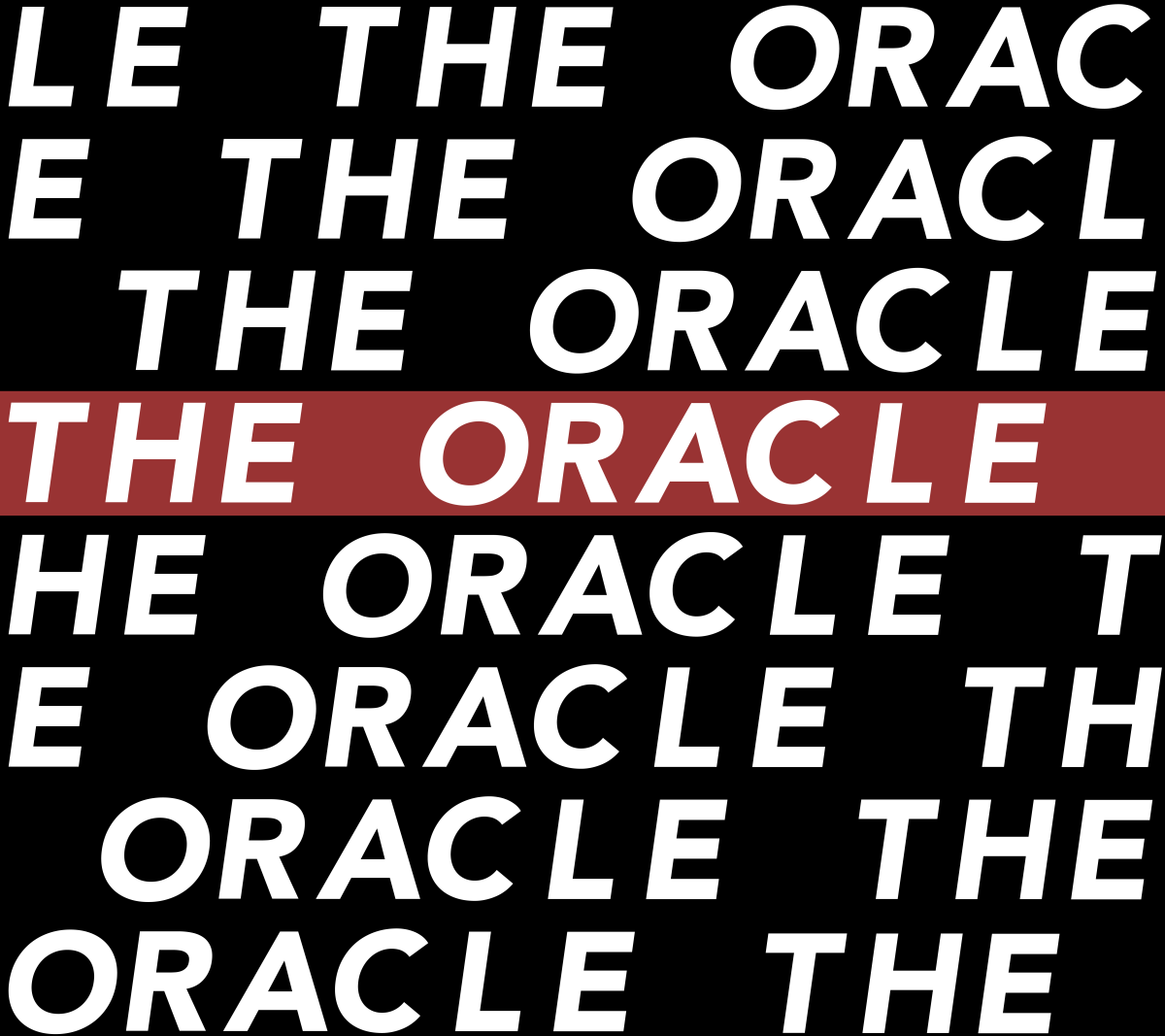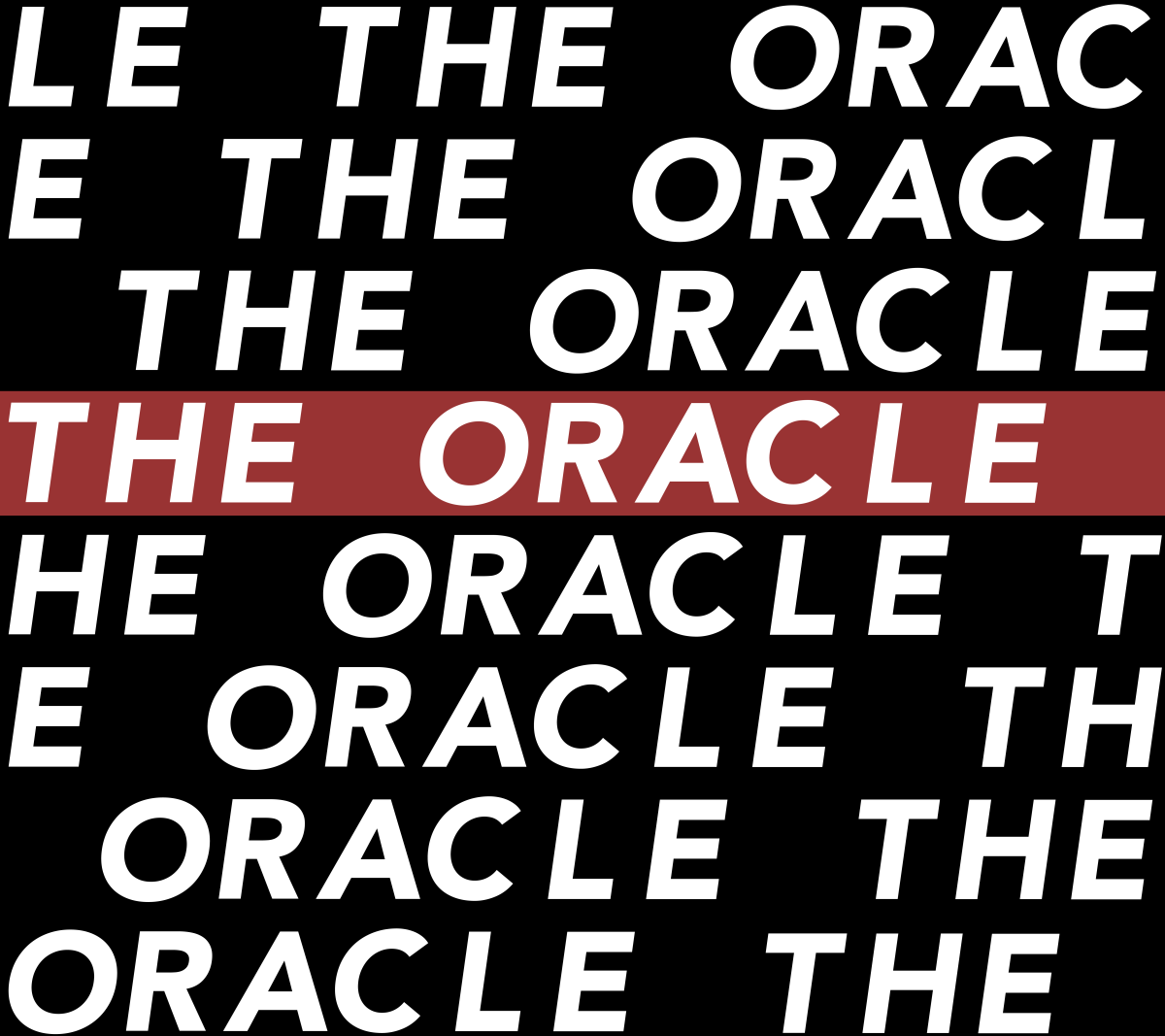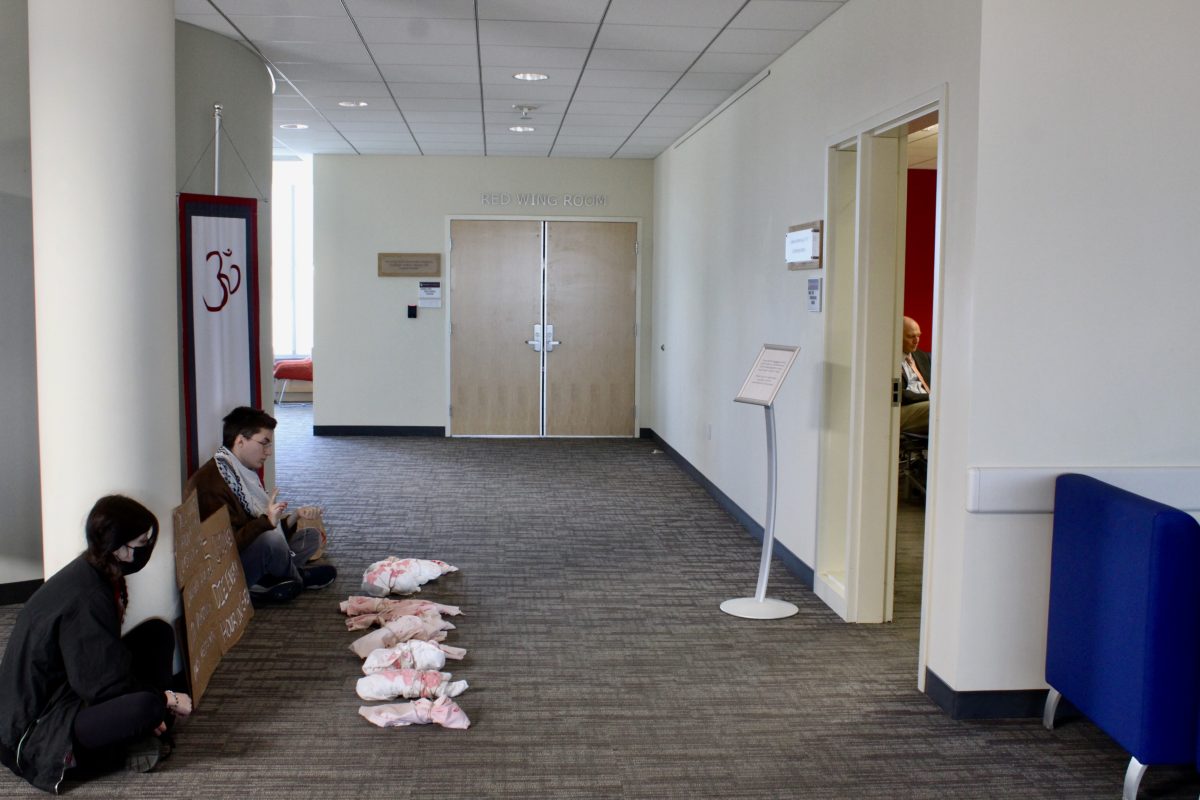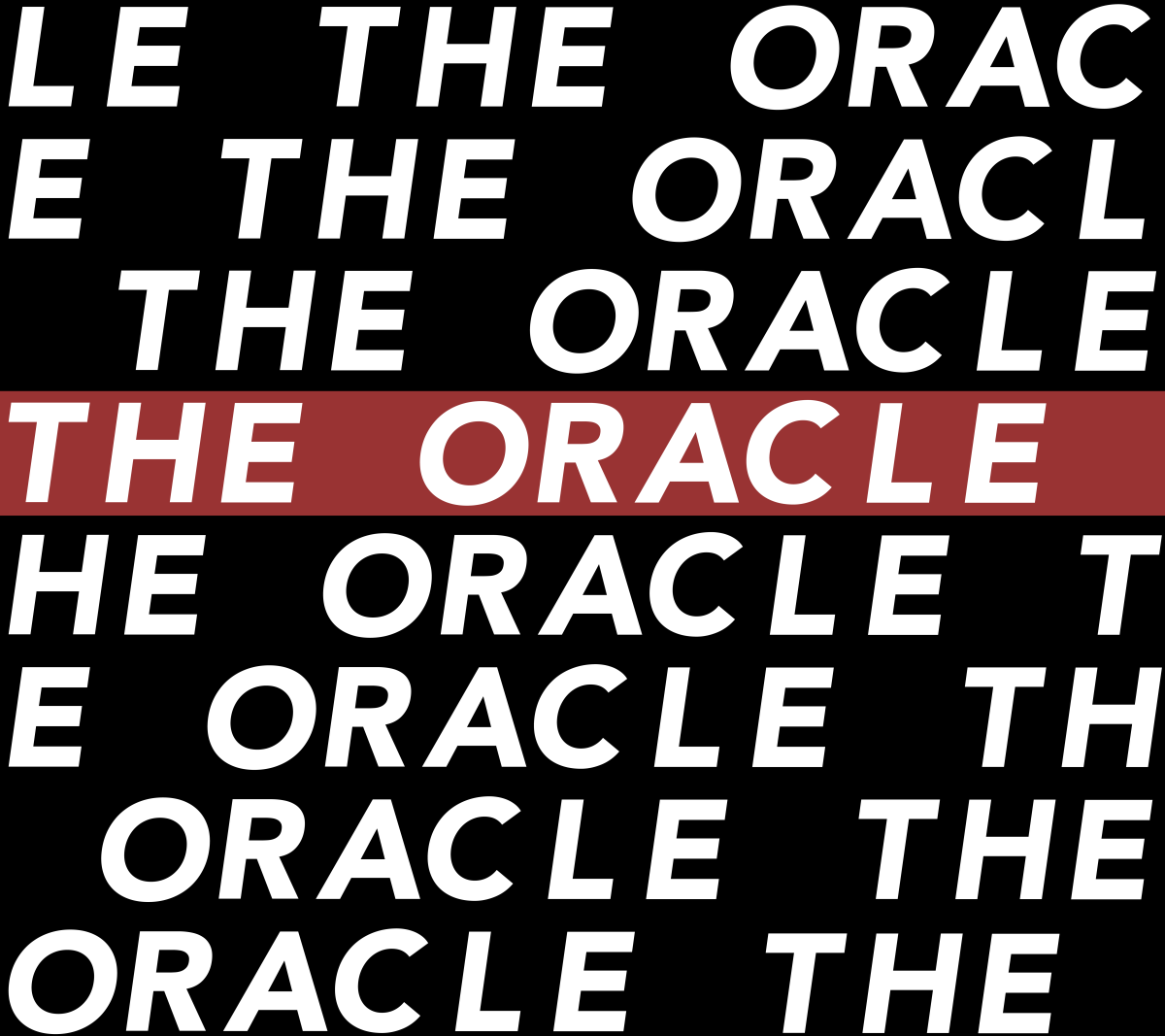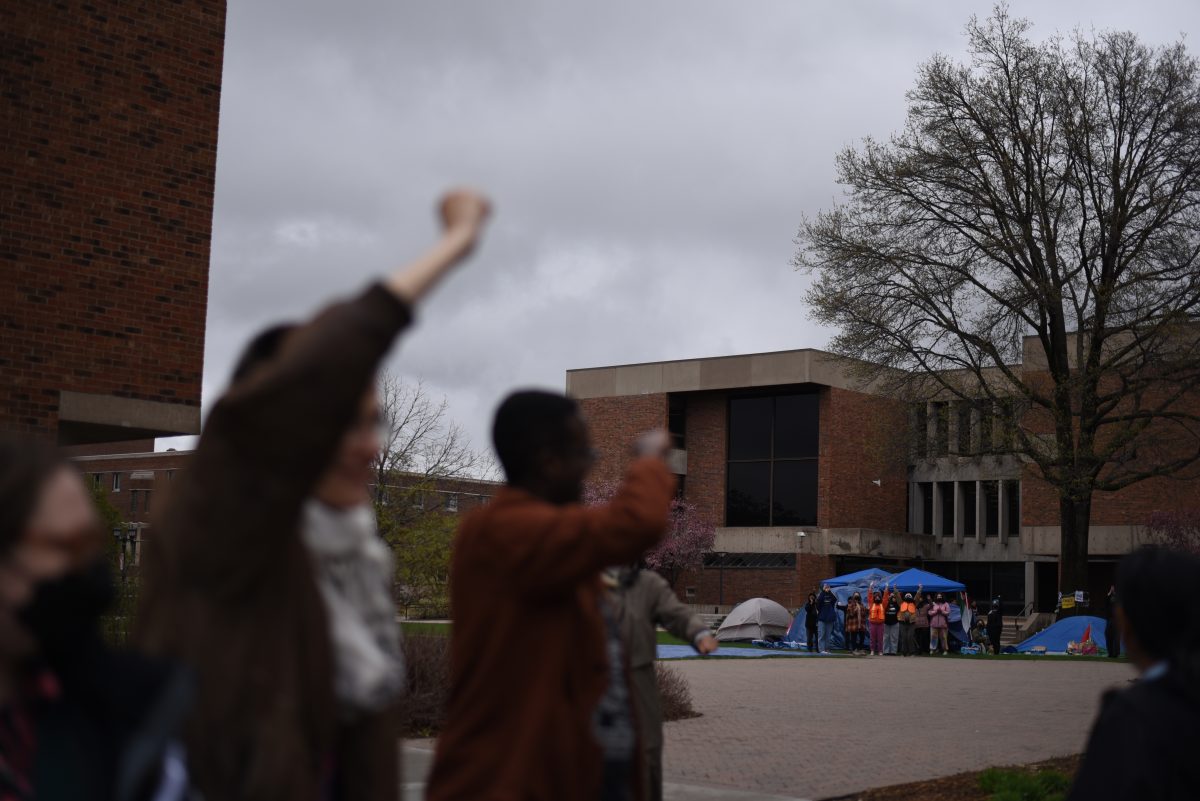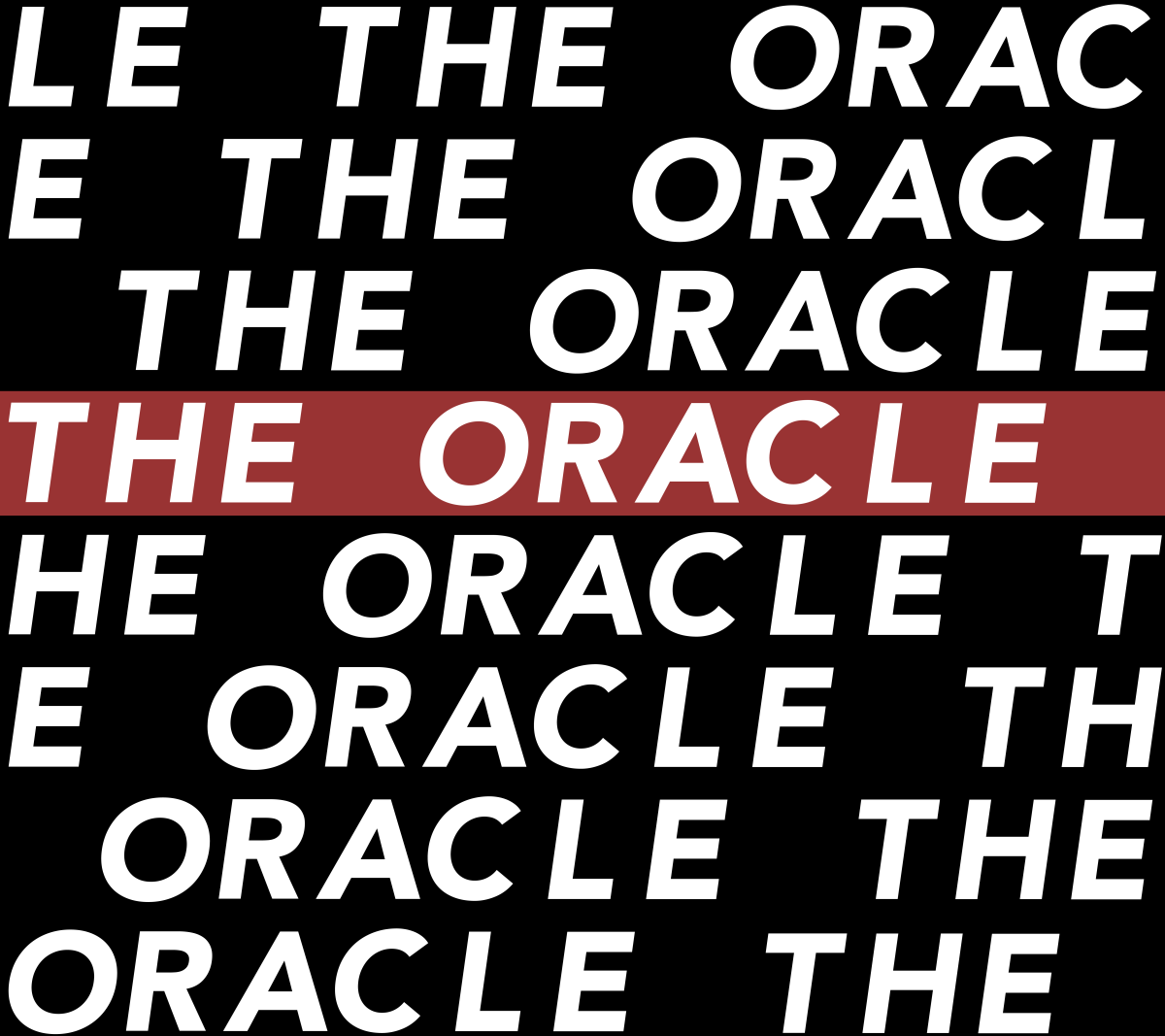The annual Mahle Lecture in Progressive Christian Thought series took place on April 16, circling around the theme of interreligious peacebuilding through study. Led by Wesley Center Director Chaplain Kelly Figueroa-Ray, the Mahle Lecture series featured a number of speakers including Dr. David Ford and Peter Ochs, the founders of scriptural reasoning — a method of study around which this year’s Mahle Lecture was centered.
“Scriptural reasoning is a form of inter-religious dialogue that uses the most sacred aspects of whatever religions … as a means of centering a dialogue, like a conversation, through those scriptures,” Figueroa-Ray said.
Scriptural reasoning can be done using a variety of religious texts. For the purpose of the Mahle Lecture series, the Bible, the Qur’an and the Torah were primarily used. Figueroa-Ray expanded on her sentiment, explaining the significance of being able to understand and utilize scriptural reasoning.
“[Scriptural Reasoning] allows people to begin to form relationships over conversation of the scriptures, and therefore you can get people that don’t agree or have very deep differences, as long as they’re hospitable enough to allow someone else to read the scripture briefly as their own,” Figueroa-Ray said.
Apart from the keynote speech given by Dr. David Ford, the lecture series primarily consisted of discussions amongst tables, where moderators, who also doubled as speakers at the event, facilitated conversations around religious texts and how to approach them using scriptural reasoning.


